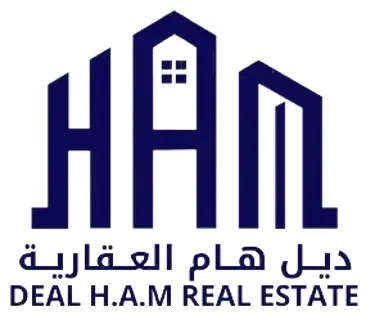Property management requires adherence to strict standards to ensure high quality and maintain the investment value of properties. Below are the key standards to consider for effective and professional property management:
1. Transparency in Transactions
Transparency is a cornerstone of property management. All financial and administrative transactions between property owners and tenants must be clear and straightforward. This involves providing detailed financial reports on revenues and expenses regularly. Property management companies should clarify additional fees such as maintenance or facility usage charges. Transparency helps minimize misunderstandings and disputes, fostering trust and clarity.
2. Focus on Maintenance and Operations
Proper maintenance and efficient operations are vital aspects of quality property management. Continuous maintenance ensures that all systems function correctly, providing tenants with a safe and comfortable environment. This includes addressing urgent repairs, maintaining electrical systems, plumbing, air conditioning, and elevators. Regular maintenance prolongs the property’s lifespan, enhances its value, and prevents costly emergency breakdowns.
3. Compliance with Local Laws and Regulations
Compliance with local laws and regulations is a critical quality standard in property management. All operations must adhere to relevant laws such as rental laws, building codes, and tax regulations. Ensuring legal compliance protects all parties from legal issues and guarantees the property operates safely and legally. Regularly updating management practices to align with legislative changes is essential for seamless operations.
4. Integration of Modern Technologies
Modern technologies are a fundamental part of quality property management. Utilizing smart systems such as mobile applications and property management software improves organizational efficiency and data management. For instance, tenants can pay rent online and track maintenance requests, while owners can receive periodic financial reports and monitor property conditions using digital tools. These technologies accelerate processes and reduce human errors, ensuring accurate and efficient management.
5. Customer Service
Outstanding customer service is a vital quality in property management. The management team should be trained to handle tenant inquiries and complaints promptly and professionally. Fast response times and clear communication channels, such as direct support lines or email, create a positive experience for tenants. Providing professional and timely service enhances reputation and ensures business continuity.
6. Accurate Financial Reporting
Preparing accurate financial reports is a cornerstone of quality property management. Financial reports should be clear and well-organized, allowing property owners and tenants to evaluate the financial performance of the property accurately. These reports should include rental income, maintenance expenses, and any additional costs. Providing transparent financial information builds trust and enables informed decision-making.
Conclusion
The outlined quality standards are essential for effective and professional property management. By prioritizing transparency, maintenance, legal compliance, and modern technology, property value and sustainability can be enhanced. Excellent customer service and accurate financial reporting further contribute to tenant and owner satisfaction. Applying these standards ensures long-term success and elevates the quality and professionalism of the property management sector.
